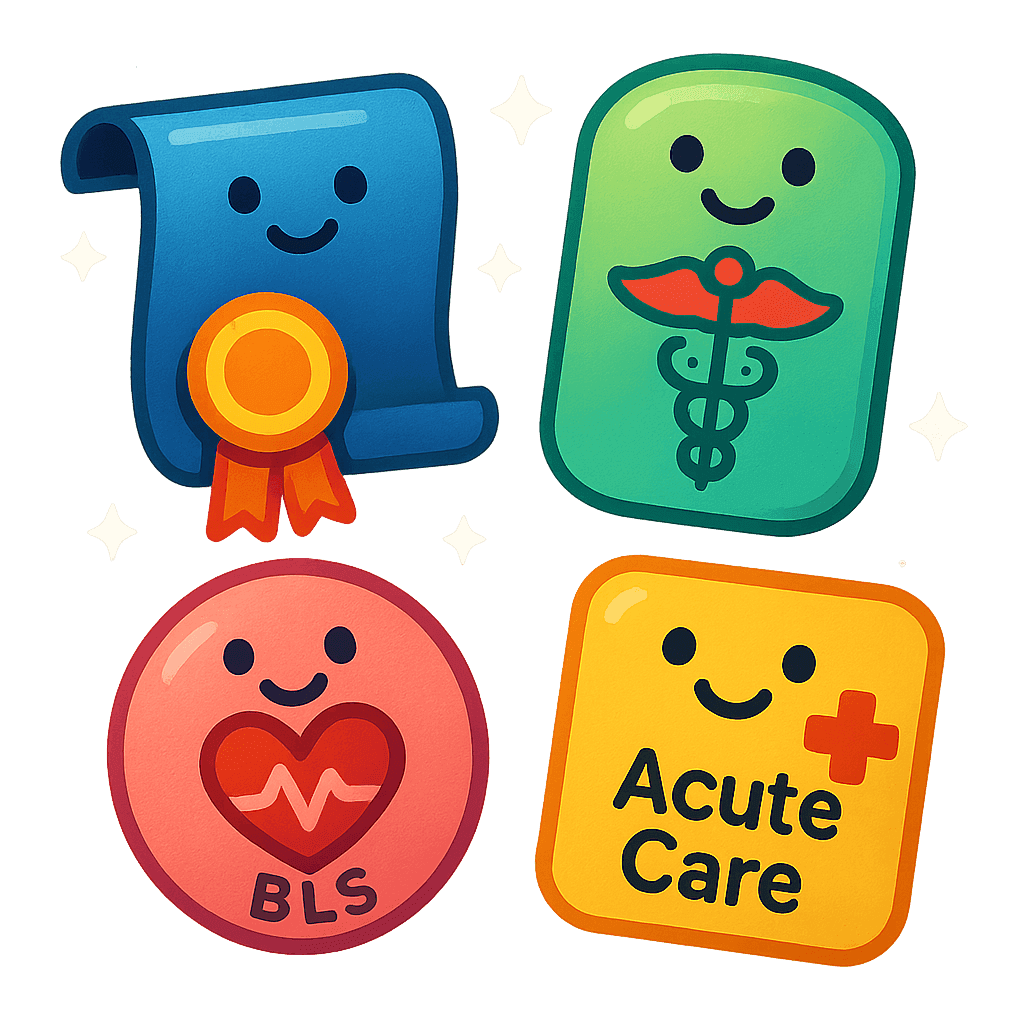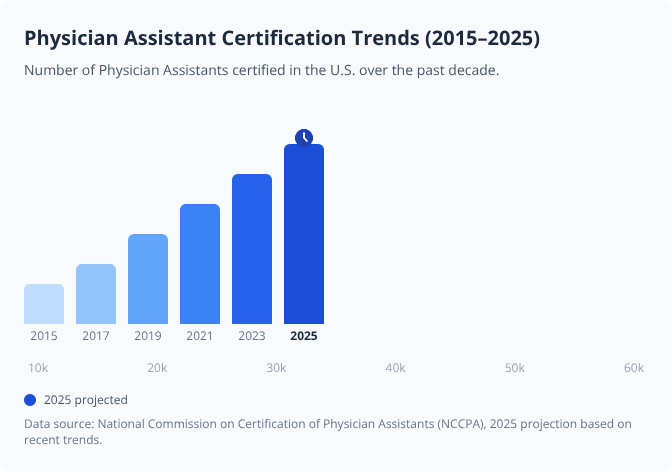Physician Assistant Resume Certifications

Scrambling through a pile of resumes, what makes one Physician Assistant leap off the stack? Shiny certifications, front and center—instant proof you know your stuff (and won’t faint at the sight of a stethoscope). In this article, you’ll get the lowdown on which badges of honor to flaunt and exactly how to show them off for maximum impact.
How Certifications Boost Your Physician Assistant Resume
Certifications flash like a badge of trust—when a Physician Assistant walks into a room, those credentials announce dedication and validated skill before a word’s been uttered. Employers scan resumes for proof of expertise, and certifications leap off the page, quietly confirming hard-earned knowledge. Patients, too, feel a difference: certified professionals carry an extra layer of credibility that’s hard to fake. In a crowded job market, those few extra letters after your name can tilt the balance and open doors often left shut to others.

Adding a certifications section to your resume can really boost your chances, especially for Physician Assistant roles where specific credentials matter.
Best Certifications to Add to Your Physician Assistant Resume
National Commission on Certification of Physician Assistants (NCCPA) - Physician Assistant-Certified (PA-C): The gold standard credential for PAs, required for licensure and recognized nationwide as proof of competency.
Advanced Cardiac Life Support (ACLS): A must for PAs in emergency and hospital settings, this ensures readiness to respond to cardiac and respiratory emergencies.
Basic Life Support (BLS): Fundamental for any practicing PA, BLS certification underlines a provider’s ability to react to life-threatening situations like cardiac arrest.
Pediatric Advanced Life Support (PALS): Indispensable for those working with children, PALS trains PAs to respond effectively to pediatric emergencies.
Certified Diabetes Educator (CDE): This demonstrates specialized knowledge in guiding patients through the complexities of diabetes management.
Surgical First Assistant Certification (CSFA): A significant asset for PAs involved in the surgical suite, highlighting advanced skills assisting in operative care.
Trauma Certification (ATLS or TNCC): Proves competence in managing trauma situations, vital in emergency, urgent care, and critical care roles.
DO'S
- List certifications in reverse chronological order to highlight your most recent achievements first.
- Include the full official name of each certification along with the issuing organization.
- Add expiration dates or renewal years to show your credentials are current.
DON'TS
- Don't list expired or irrelevant certifications that no longer apply to your role.
- Don't crowd your resume with acronyms or abbreviations without clarification.
- Don't forget to include the full name of the certifying body and expiration dates.
Pro Tip: Showcasing the most relevant certifications right up front on your Physician Assistant resume instantly proves you’re qualified, saving busy eyes from hunting and sending the message that you know exactly what matters in your field.



